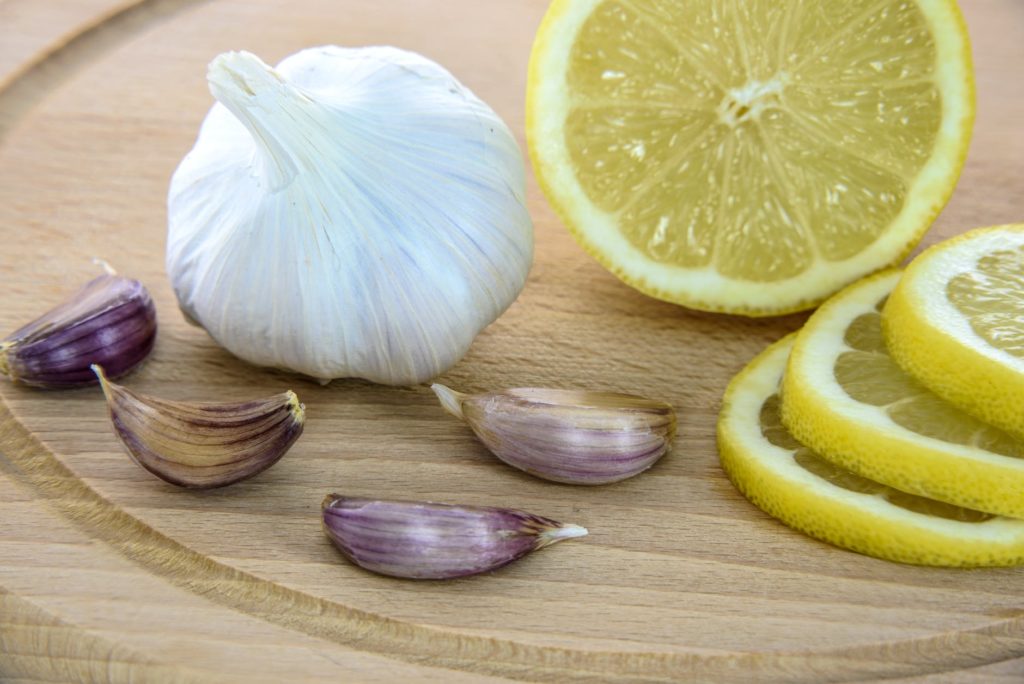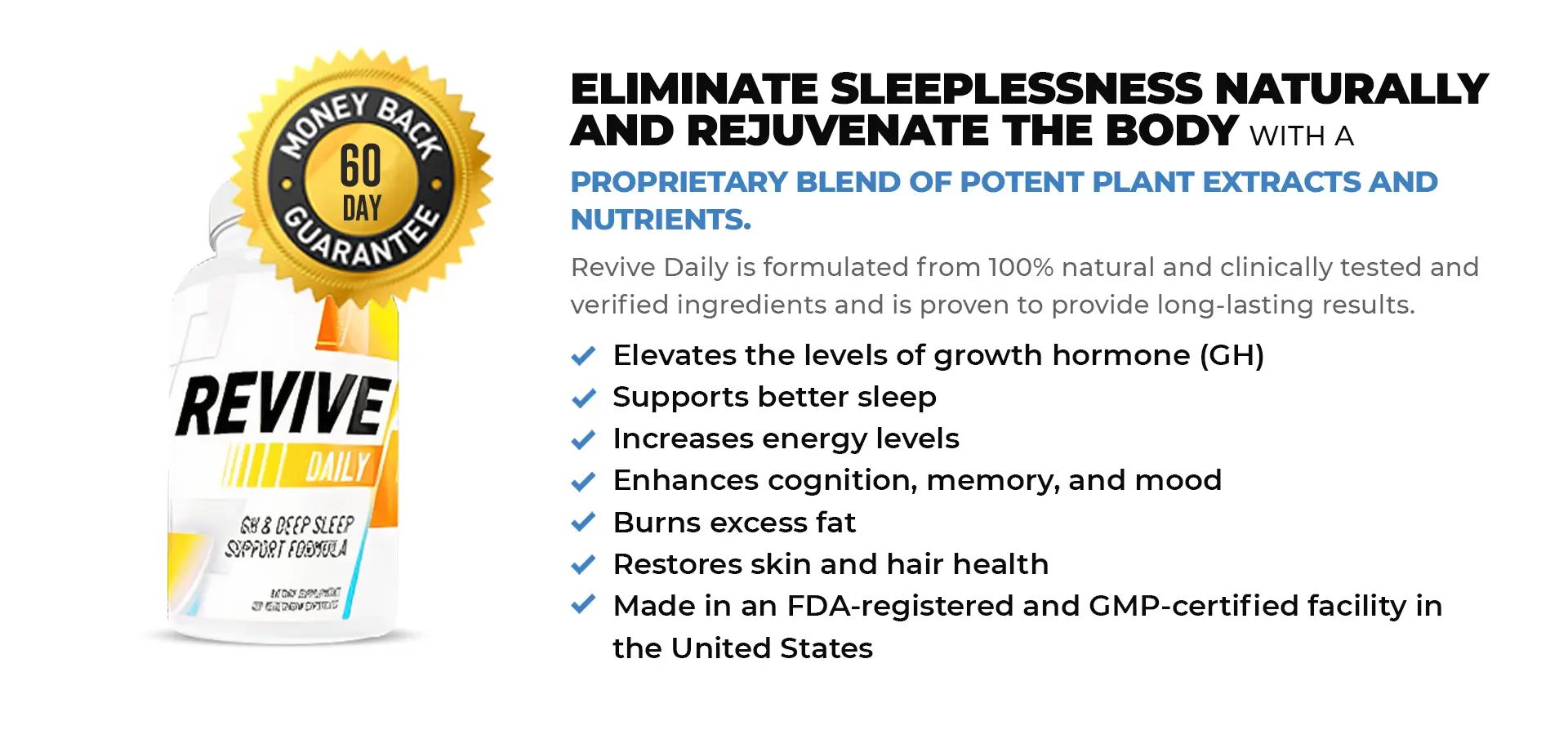Get your antioxidants the natural way
You may have about the importance of antioxidants in the diet, and their possible role in fighting a variety of illnesses, including some kinds of cancer, age-related degeneration, and heart disease.
You could also be forgiven for thinking that antioxidant vitamins are things that come in pills, powders, and capsules. The marketing of antioxidant vitamin supplements, such as vitamin A, vitamin C, and vitamin E, is intense and relentless. While vitamin supplements can be helpful, however, the majority of antioxidant vitamins should come from food, not from vitamin supplements.
It is important to understand how antioxidant vitamins work to protect the body from harm. Antioxidants work by combining with and neutralizing harmful elements known collectively as free radicals. Free radicals are produced naturally by the body, as a consequence of a number of natural bodily processes. Most of the time, the body is able to neutralize and eliminate these free radicals on its own.
However, stresses such as environmental pollution, a weakened immune system, UV radiation, and alcohol consumption can lower the body’s ability to fight these free radicals.
Excessive free radicals in the human body can cause damage to the structure and function of the various organs and systems in the body. Recent studies have implicated free radicals in a number of diseases, including cancer and heart disease. In addition, free radicals are thought to play a significant role in the aging process.
Antioxidant Qualities
It is estimated that foods contain some 4,000 different compounds that have antioxidant qualities. Since only a small number of these compounds have been identified, and a lesser amount yet have been synthesized, it is easy to see why it is so hard for vitamin supplements to replace a healthy diet. Healthy, antioxidant-containing foods like fruits, vegetables, and whole grains, contain a variety of vitamins, minerals, trace elements, and other micronutrients in addition to the antioxidants that have been identified by science.
There are many major vitamins that have been found to have strong antioxidant qualities. Perhaps the most well-known, and the most studied, of these antioxidant vitamins is vitamin C. Vitamin C, also known as ascorbic acid, is water soluble and is found in all the tissues and fluids of the body. Since vitamin C is not stored in the body, it is important that everyone’s diet contain plenty of vitamin C.
Good sources of vitamin C in the diet include citrus fruits like oranges and grapefruits, green peppers, broccoli, strawberries, cabbage, and potatoes. Dark green leafy vegetables are also good sources of vitamin C.
Vitamin E is another popular member of the antioxidant family, and it is thought to play an important role in protecting the body from aging. Vitamin E may not be the cure-all wonder that it was once thought to be, but it is still an important protector of the body.
Good sources of dietary vitamin E include nuts, seeds, wheat germ, whole grain bread, vegetable oil, fish oil, and dark green leafy vegetables.
Beta carotene is also an important antioxidant vitamin, and it is important to a number of bodily processes. The role of beta carotene in the natural world is to protect the skins of yellow and orange vegetables and fruits from the damaging rays of the sun. It is believed that beta-carotene plays the same sort of role in human nutrition. That is, beta carotene is thought to be important in protecting people from the damage caused by environmental pollution, UV rays, etc.
Beta-carotene-rich foods include yellow and orange vegetables and fruits such as carrots, yellow squash, sweet potatoes, cantaloupes, peaches, and apricots. In addition, dark green leafy vegetables such as collard greens and broccoli, and fruits like tomatoes, also contain significant levels of beta-carotene.
Selenium is an important mineral thought to share many traits with antioxidants. Selenium in particular has been studied for its ability to prevent and reverse cell damage. Scientists continue to focus on this cell-protecting ability as a possible cancer fighter.
Selenium is one good example of why it is important to get the nutrients you need from food, not from vitamin supplements. High levels of selenium can be toxic, so supplementation is not recommended. Foods high in selenium, such as fish, shellfish, red meat, poultry, eggs, garlic, and whole grains, however, are recommended. In addition to these sources of selenium, fruits, and vegetables that are grown in selenium-rich soils are also good sources of this important mineral.
DISCLAIMER:
This information is not presented by a medical practitioner and is for educational and informational purposes only. The content is not intended to be a substitute for professional medical advice, diagnosis, or treatment. Always seek the advice of your physician or other qualified healthcare providers with any questions you may have regarding a medical condition. Never disregard professional medical advice or delay in seeking it because of something you have read.
Since natural and/or dietary supplements are not FDA-approved they must be accompanied by a two-part disclaimer on the product label: that the statement has not been evaluated by FDA and that the product is not intended to “diagnose, treat, cure or prevent any disease.”





